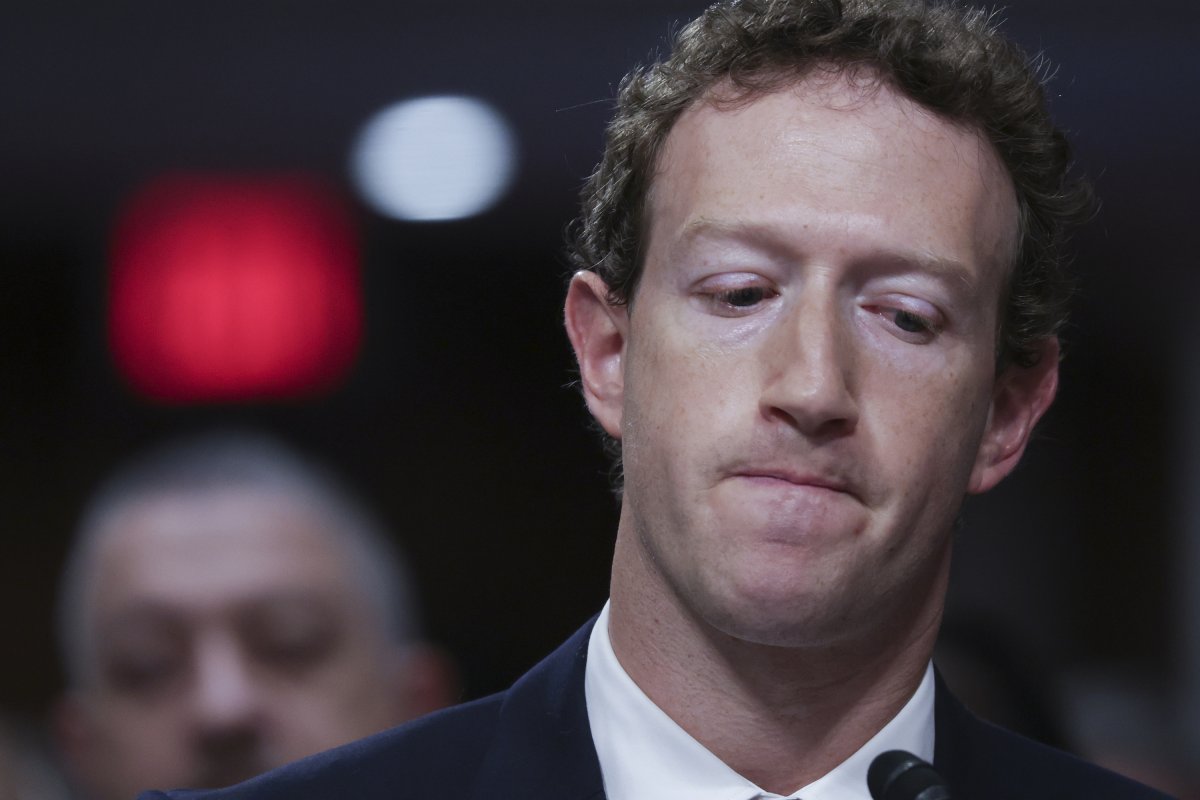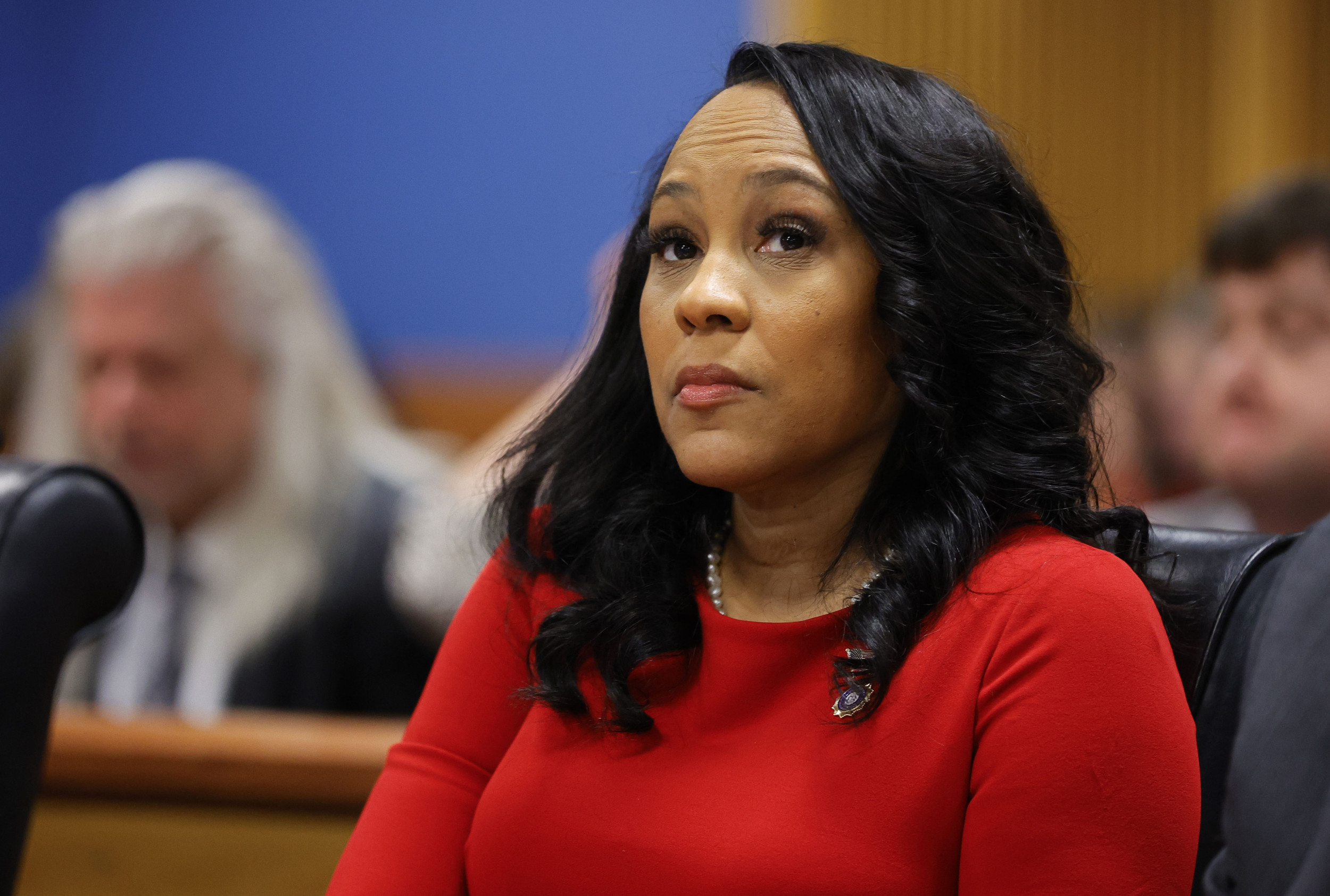Social media companies have enveloped every aspect of our lives. There is no escaping them. As Justice Anthony Kennedy pointed out, their sites are "the principal sources for knowing current events, checking ads for employment, speaking and listening in the modern public square, and otherwise exploring the vast realms of human thought and knowledge."
Everything we see on the internet comes to us through a few companies. This raises an important question: are these companies publishers of content, like a newspaper or broadcaster, or passive distribution platforms, like internet service providers (ISPs) or postal services? The difference is enormous—publishers can be sued over content they curate, while the law protects passive platforms from that liability.
By their own admissions, companies like Meta, X, TikTok and Google hold themselves out to the public as platforms, not publishers. They say their services merely allow individuals to communicate and share information freely. For instance, Meta's terms of service say that Facebook's intended purpose is to allow users to "communicate with friends, family, and others." X, too, says that its purpose is to host "Content" and "communications." They do not say they are doing more than that when providing their services, let alone that their services intend to convey their own message like a publisher.
In so many ways, social media companies indeed resemble ISPs. Verizon's terms of service, too, prohibit users from disseminating illegal materials (e.g., child pornography), spamming consumers, or "violate any rule, policy or guideline of Verizon."
However, unlike Verizon, social media companies argue that it is their right to remove you based on your political views. Why? They say their platform is their property and the First Amendment does not apply to them.
And they don't just talk the talk—they also walk the walk. YouTube has blocked and demonetized users who support certain political candidates or content creators that Google does not favor. X (then called Twitter) dropped the New York Post for accurate reporting ahead of a consequential election. Meta silenced COVID-19 dissenters. TikTok promoted pro-Hamas content in the middle of a war.
Worse, these companies' power over our access to information far eclipses that of any sitting president or government. As Justice Clarence Thomas has lamented, Big Tech can remove a user "at any time for any or no reason."
Social media sites clearly take an interest in what users say, and actively limit or promote certain posts based on their content. So why don't they just say that they're publishers and give up the platform charade? Because they don't want to be publishers.

If they make that admission, they can't shield themselves under Section 230 of the Communications Decency Act from litigation and oversight. Indeed, they have consistently argued in courts that they take no responsibility for the content they promote to avail themselves of that protection.
However, state social media laws, like Texas' and Florida's, put Big Tech in a bit of a pickle because they fall outside the reach of Section 230's preemption provision. But fear not; tech knows how to circumvent those laws, too. When being a platform doesn't help, they can then transform into publishers to seek protection under the First Amendment.
That's just what social media companies are doing in the Supreme Court case NetChoice v. Paxton. There, they argue that Texas' social media law unconstitutionally compels them to speak by hosting content they want to censor. In other words, they think the effects of the Texas law are the same as forcing students in public schools to salute the American flag and recite the Pledge of Allegiance.
If you think that's crazy, it gets worse. Tech companies also believe that the First Amendment prevents states from passing laws to impose age restrictions for social media use and, as in the case of TikTok, forbid them from allowing the Chinese government to use them to spy on U.S. citizens.
First, let's be clear: Big Tech's First Amendment pleas have nothing to do with free speech. Its actual aim is to contort the application of the First Amendment to create more protections for itself when Section 230 immunity is not available.
Frankly, companies engaging in doublespeak to avoid liability is nothing new, but tech's doublespeak has incredible societal implications. Armed with Section 230 immunity and the First Amendment, Big Tech has an unassailable bulwark that it could use to void every legislative proposal directed at them. They can hide news articles, defame individuals, even change history with their AI tools, like we are seeing Google's Gemini doing, with impunity.
If the Supreme Court finds that tech companies are beyond the reach of basic non-discrimination laws, then Congress should tether tech's Section 230 immunity to non-discrimination rules or a public accommodation. Put simply, tech should not be able to receive Section 230 immunity—the kind of immunity reserved for a mere platform—when it curates based on race, religion, or political positions; if it does, users should be able to sue them just like they can do to any other publisher. Only when they curate on a neutral basis should they be able to seek that immunity. This is a pragmatic and light-touch approach that responsibly reins in Big Tech, encourages more speech online, and limits government's involvement in these companies' everyday business practices.
Joel Thayer is president of the Digital Progress Institute and an attorney based in Washington, D.C. The Digital Progress Institute is a nonprofit seeking to bridge the policy divide between telecom and tech through bipartisan consensus.
The views expressed in this article are the writer's own.
Uncommon Knowledge
Newsweek is committed to challenging conventional wisdom and finding connections in the search for common ground.
Newsweek is committed to challenging conventional wisdom and finding connections in the search for common ground.
About the writer
To read how Newsweek uses AI as a newsroom tool, Click here.






